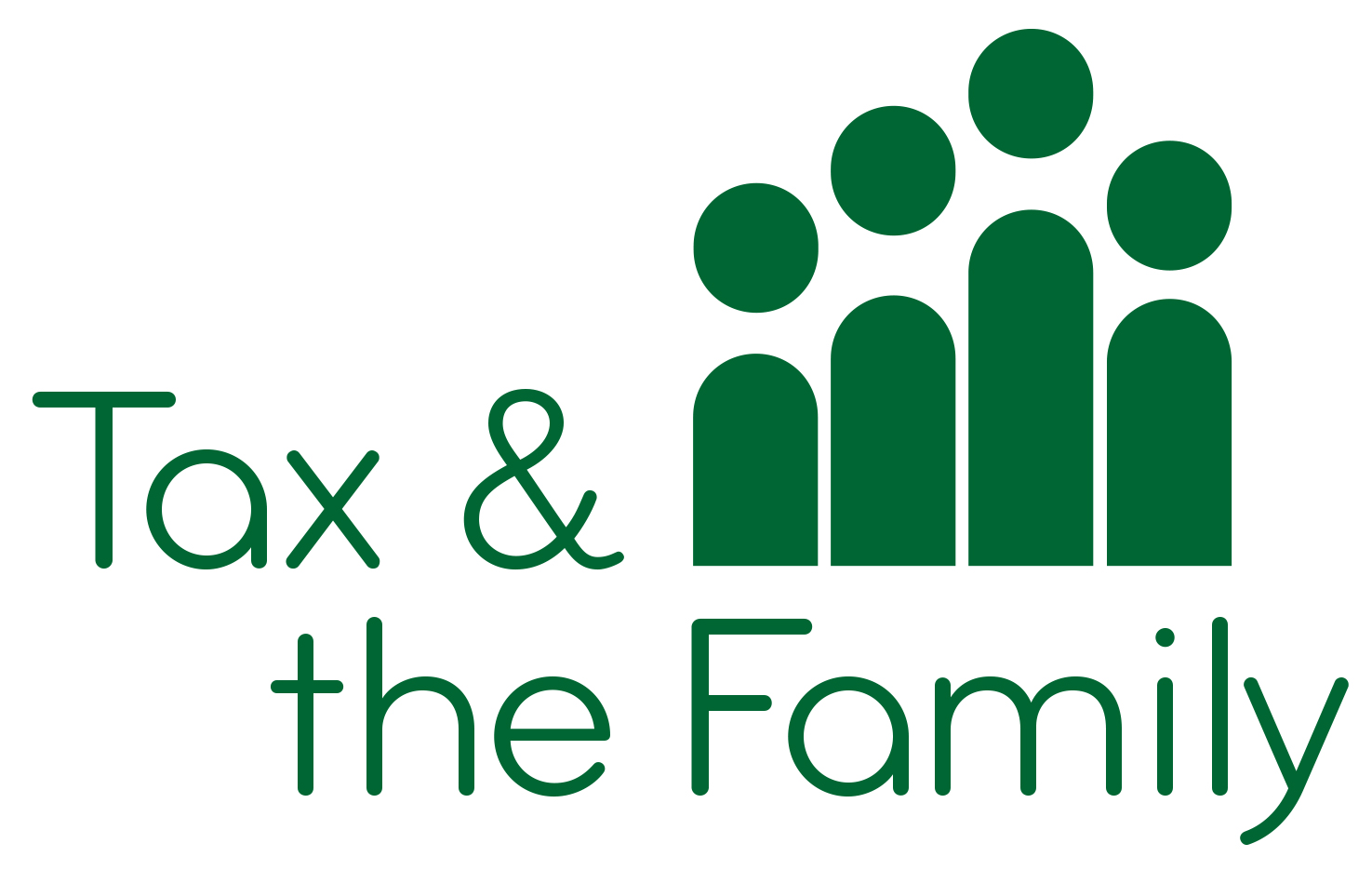Social Insurance Contributions – how we will compare with other countries after national insurance cut
The recent Tax and Family Report International Comparisons Report 2023 explained that social security contributions are lower In the UK than in other OECD countries. In 2023 national insurance contributions accounted for 8.9% of the gross income of a single parent with two children on £36,000. This was lower than the OECD and EU averages for a comparable family, lower than the 11.3% paid in France and much lower than the 19.7% paid in Germany.
By contrast, the amount the family paid in income tax (12.2% of gross income) was much higher than the OECD and EU averages. In France they would only paid only 9.7%, in the US only 5.5% and in Germany no income tax at all.
The OECD provides figures for married couples with two children on £48.000. In 2023 UK national insurance contributions accounted for 8.9% of income, again less than the OECD and EU averages and much less than the 19.9% paid by a comparable family paid in Germany. Their income tax payments, at 14.3% of gross income, were however much higher than the OECD average of 10.4%. In France they were only 9.5%, and in Germany there was no income tax at all.
The previous Government cut the national insurance rate from 10% to 8%, and it appears than the present Government will not reverse this cut. It will be another year before comparative figures for 2024 are available, but we have looked at the difference the new national insurance rates would have made in 2023 if they had applied in that year. A single parent with two children on £36,000 would have paid £2,628 (7.3% of gross income) in 2023. If the 2023/24 rates had applied, they would have paid £1,873 (5.2%) - £15 less per week. For those entitled to universal credit the increase in their disposable income will be less than half this amount as the cut in national insurance will lead to a reduction in universal credit.
The national insurance cuts, which are costing over £10 billion, make relatively little difference to the disposable income of families on modest incomes (£15 per week for a family on £36,000). For the increasing number of families on universal credit the increase in their disposable income will be even less.
A political choice has been made to cut social security contributions, which were already low by international standards. The question that needs to be asked is whether the £10 billion would have been better spent on reducing income tax burdens on families, which are so much higher than in other countries, thereby reducing the high marginal rates which so many of these households face. The new Government surely needs to engage with this problem, whichprevious administration chose to ignore. It results in families paying more tax than other households with a similar living standar, disincentivises an increasing number of families from earning more, and traps families in poverty.
Download and read the full report here.
Tax and the Family - Don Draper
August 2024
